Agustinia
Name Origin
Augustin's
Family
Agustiniidae
Classification
Diapsida, Saurischia, Sauropodomorpha
Habitat (Discovery Location)
Argentina
Period
Approximately 116 to 100 million years ago (Early Cretaceous)
Length
Approximately 15 meters
Weight
Unknown
Diet
Herbivore (Plant-eater)
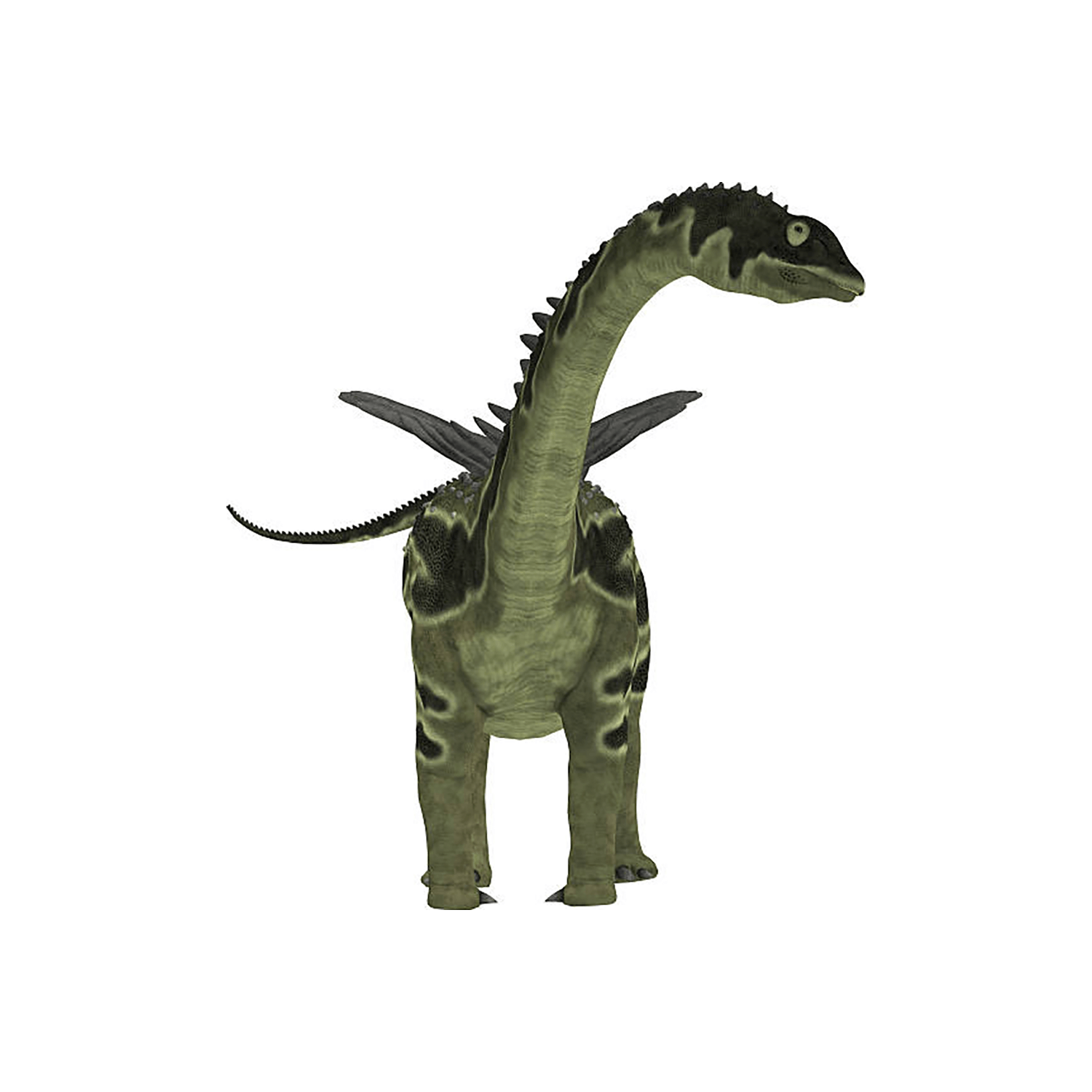
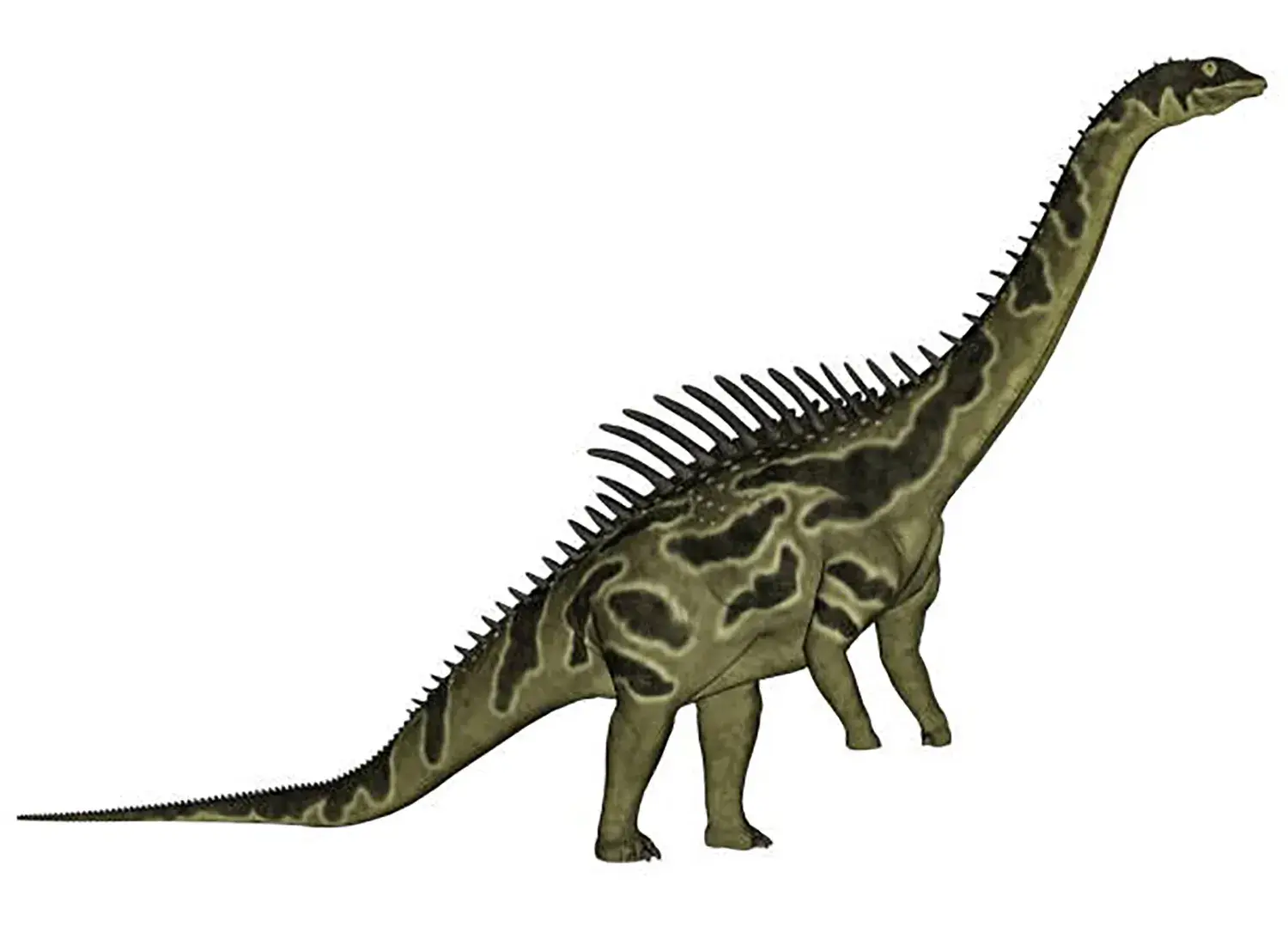
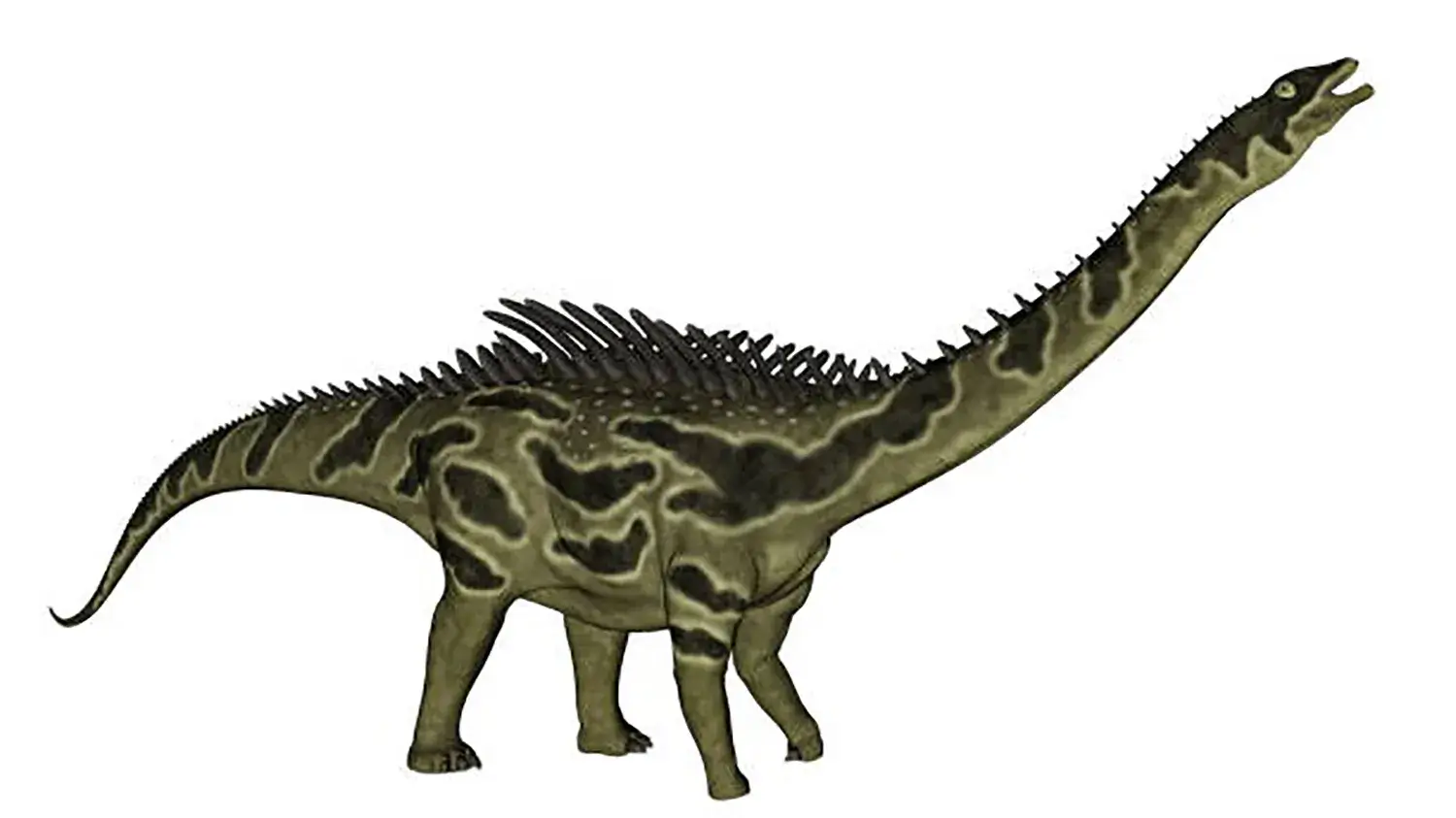

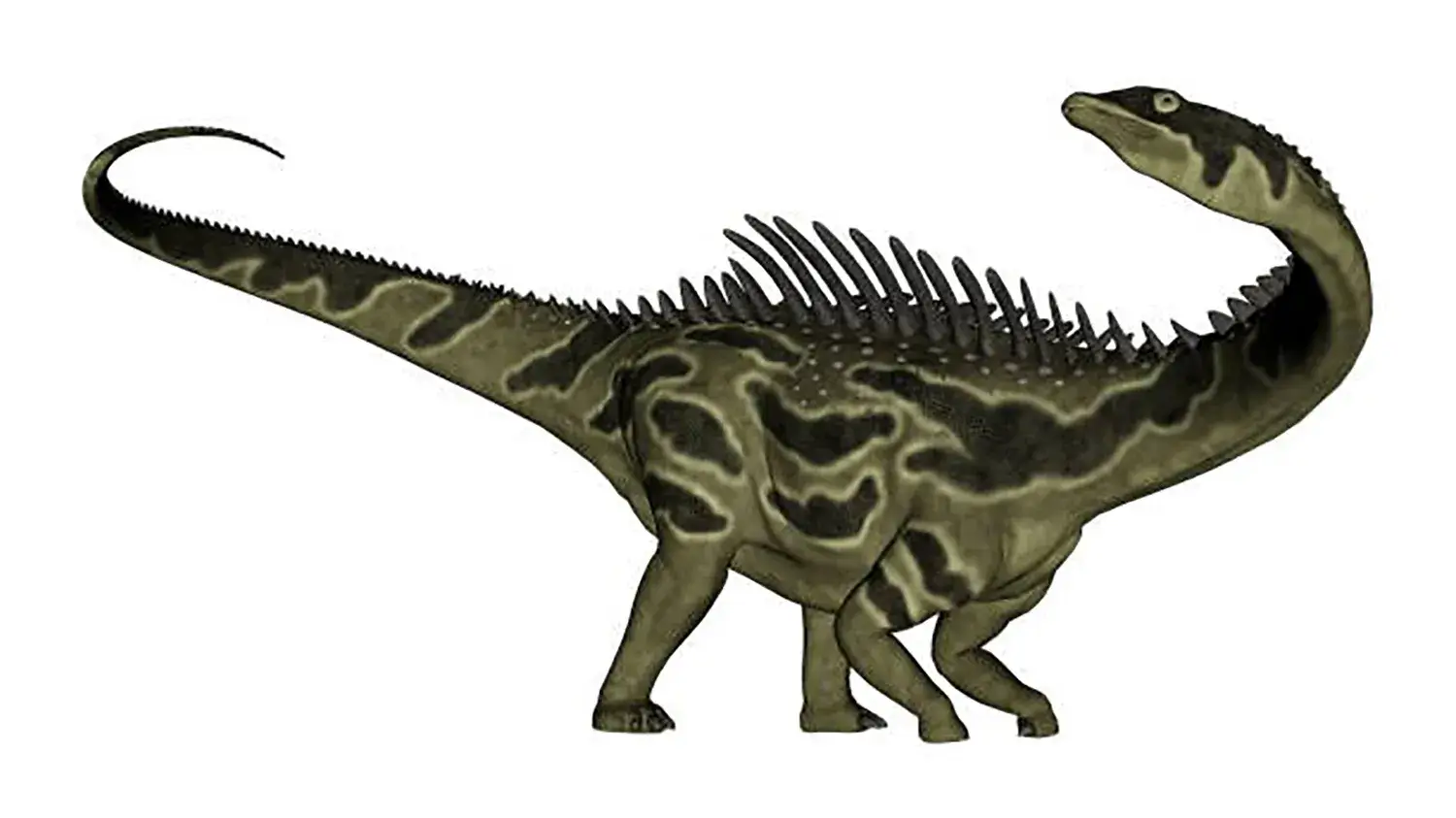
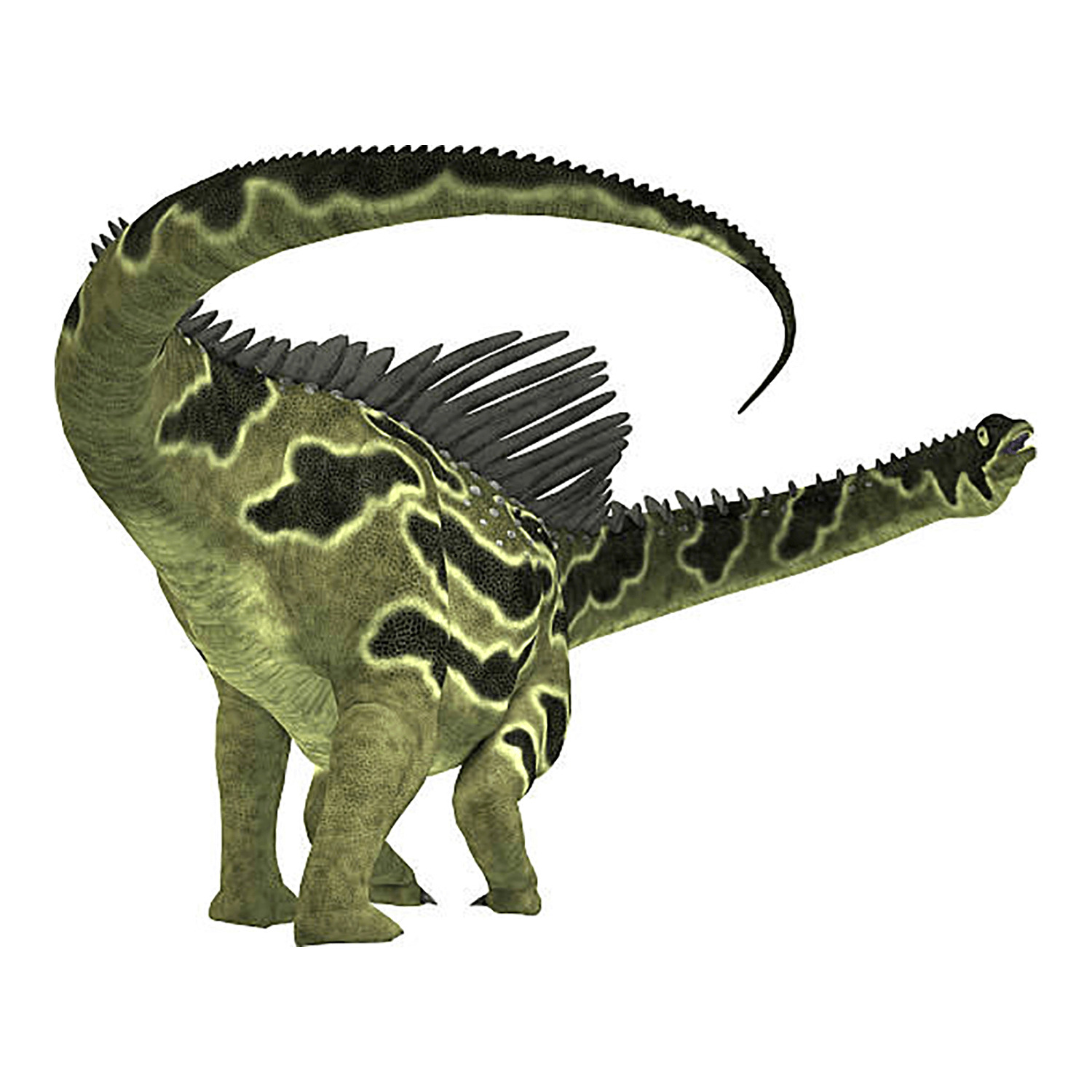
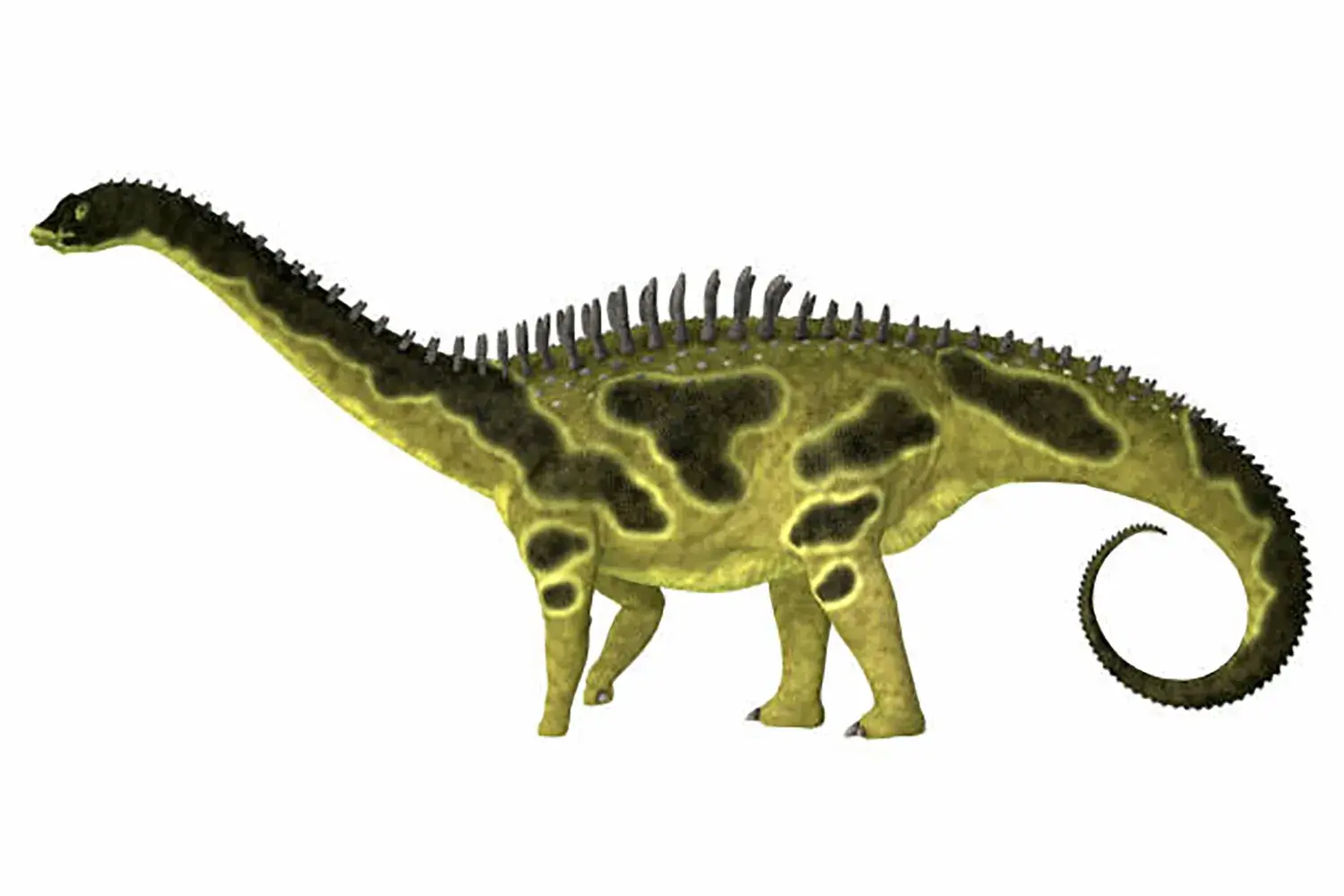
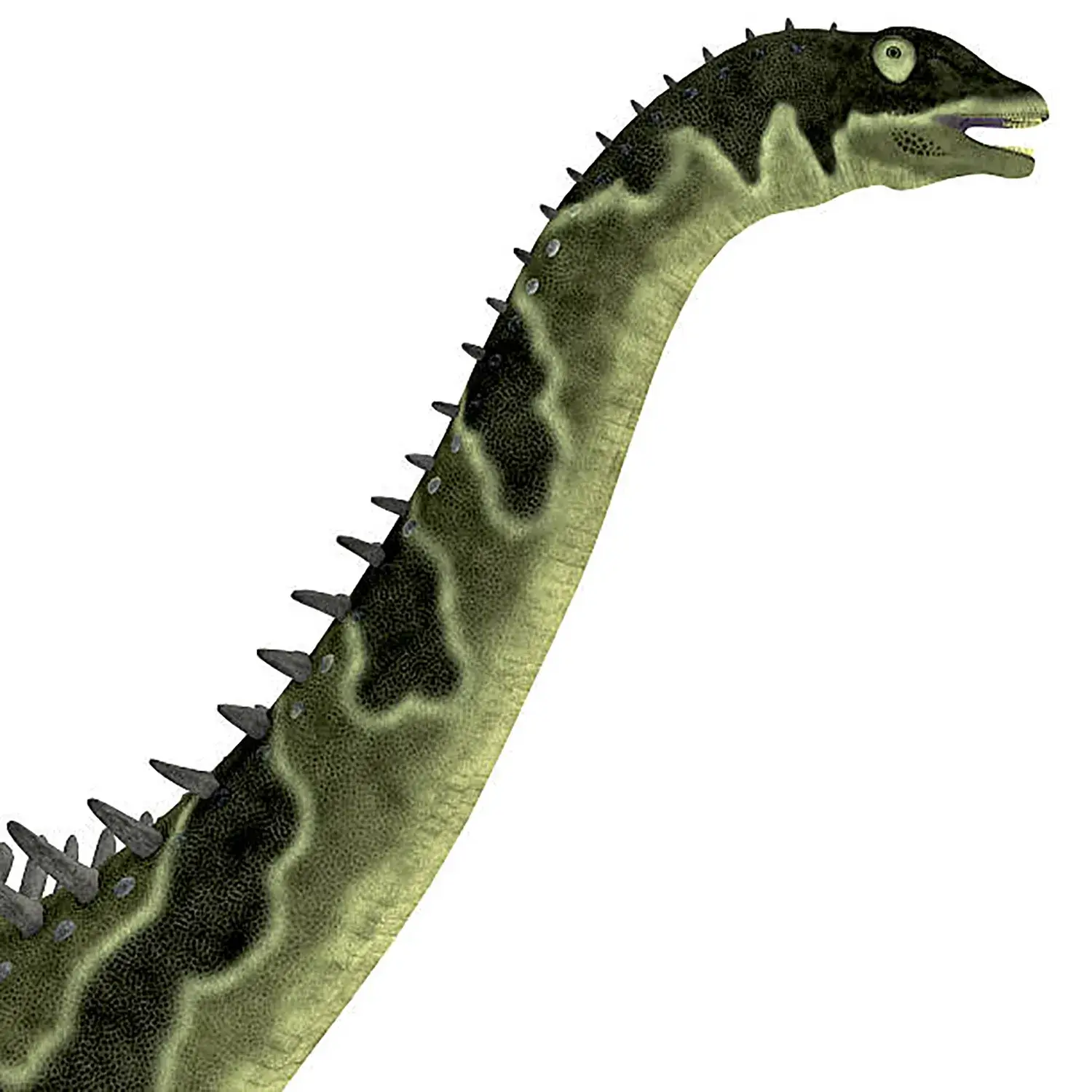

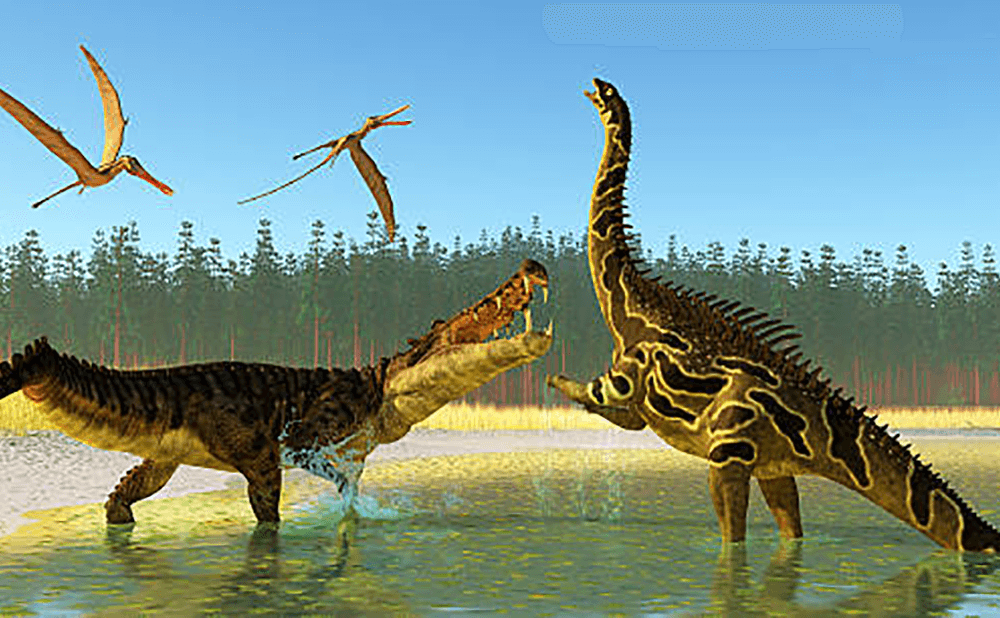
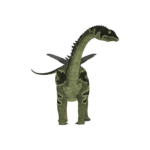
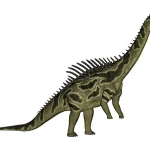
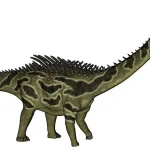
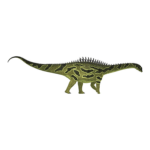
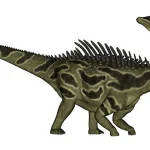
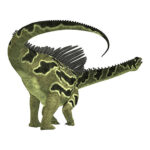
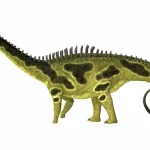
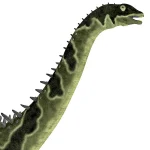
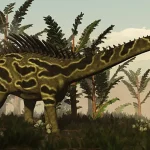
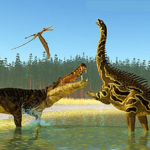
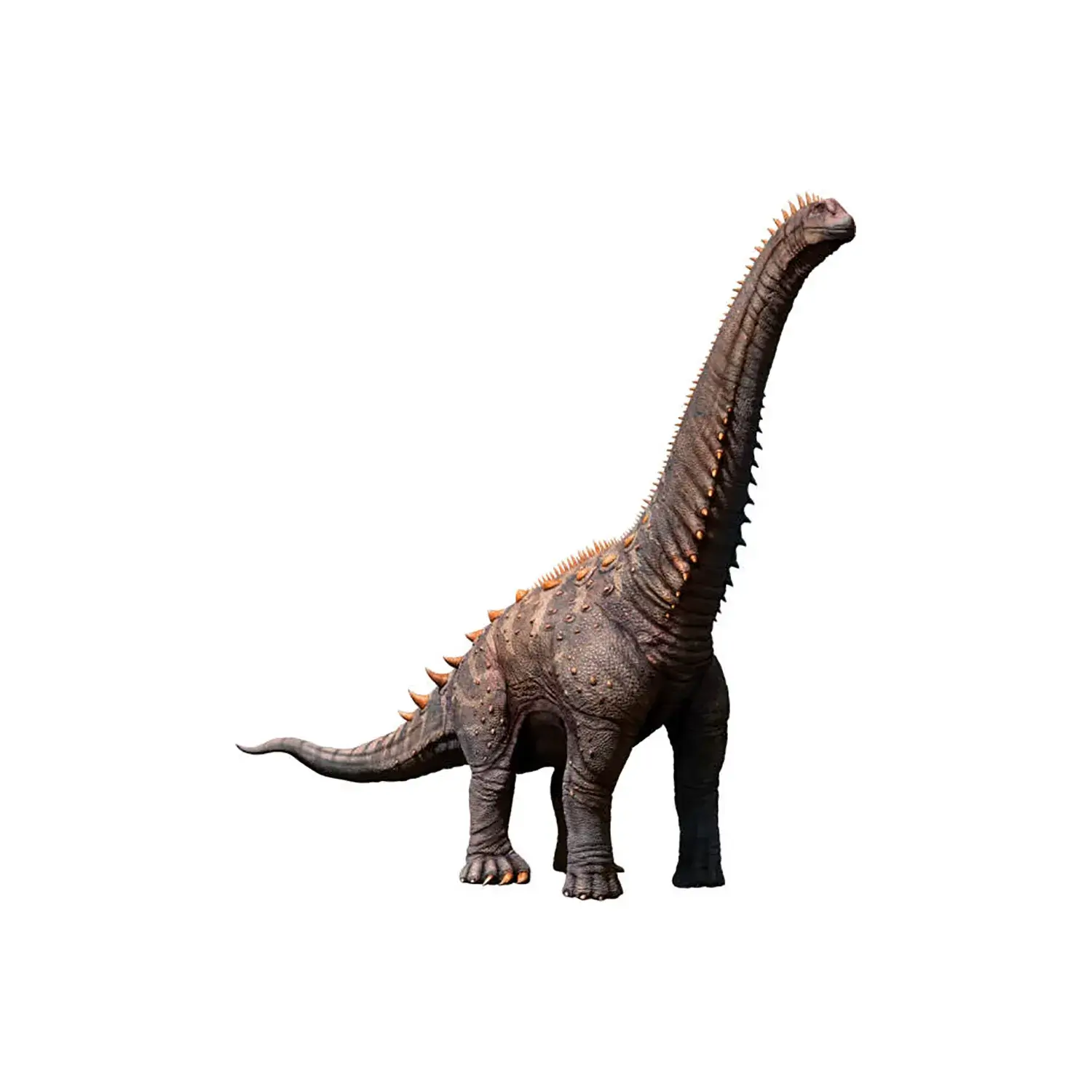
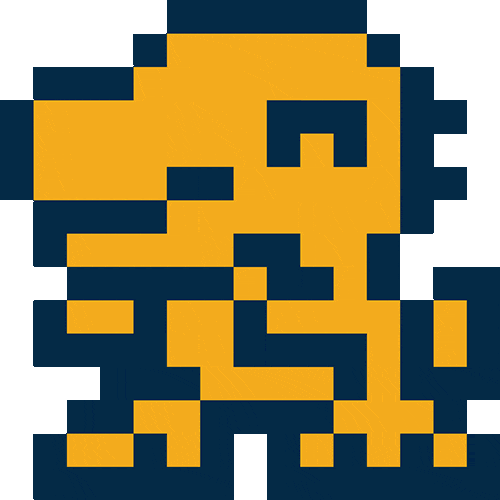
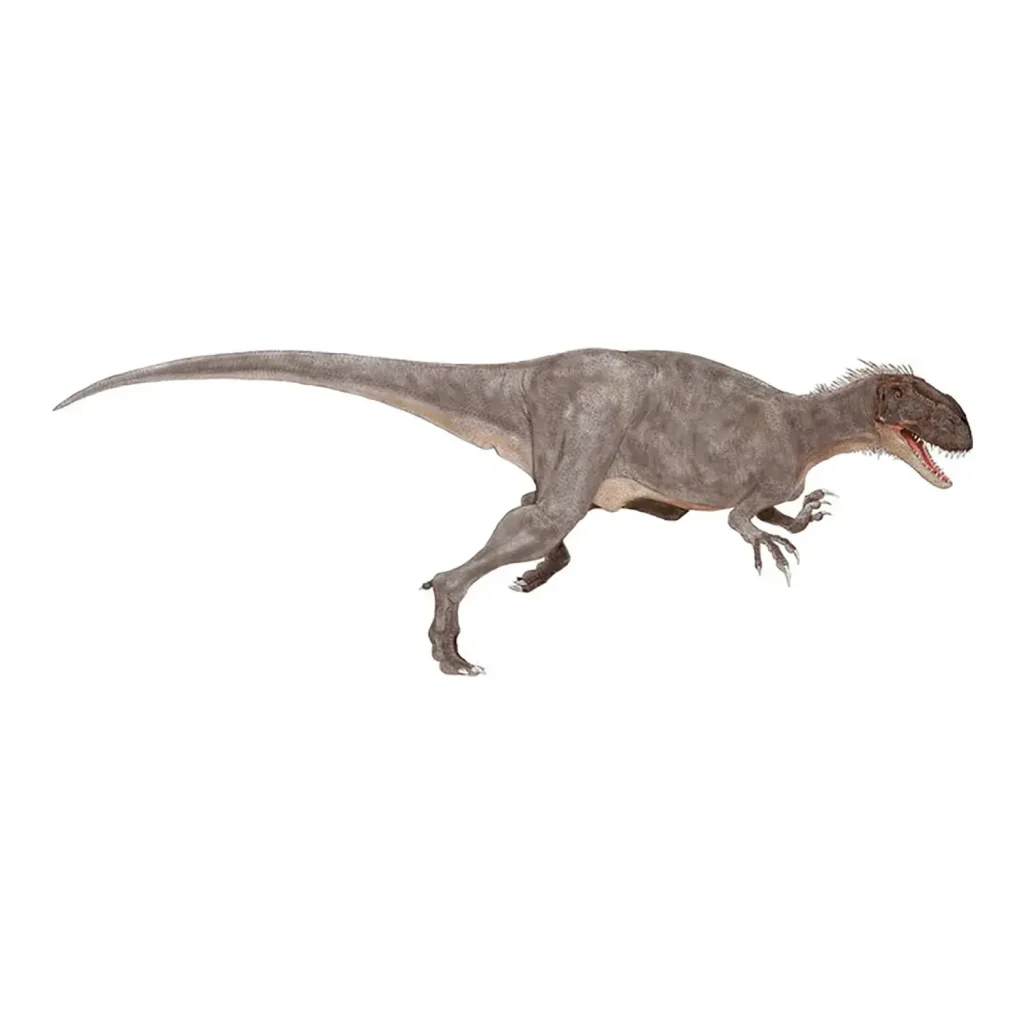
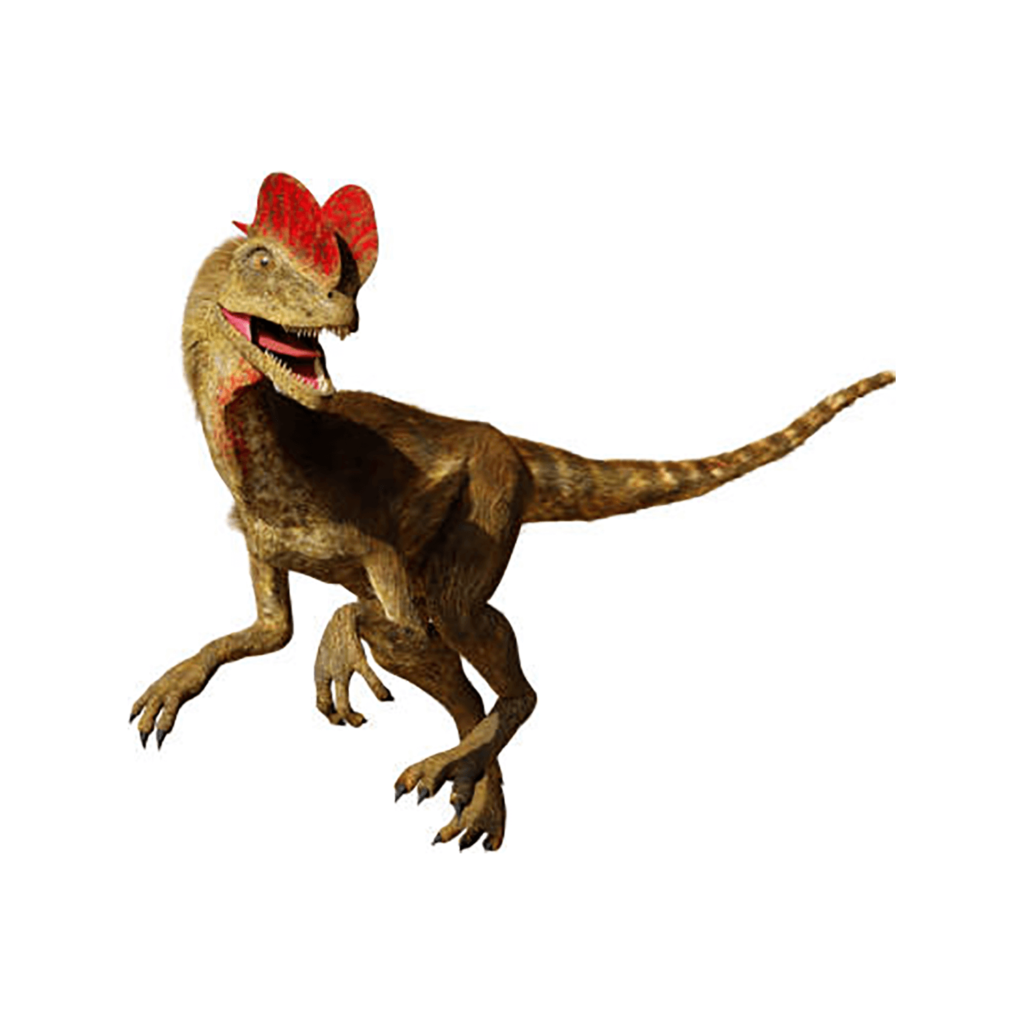
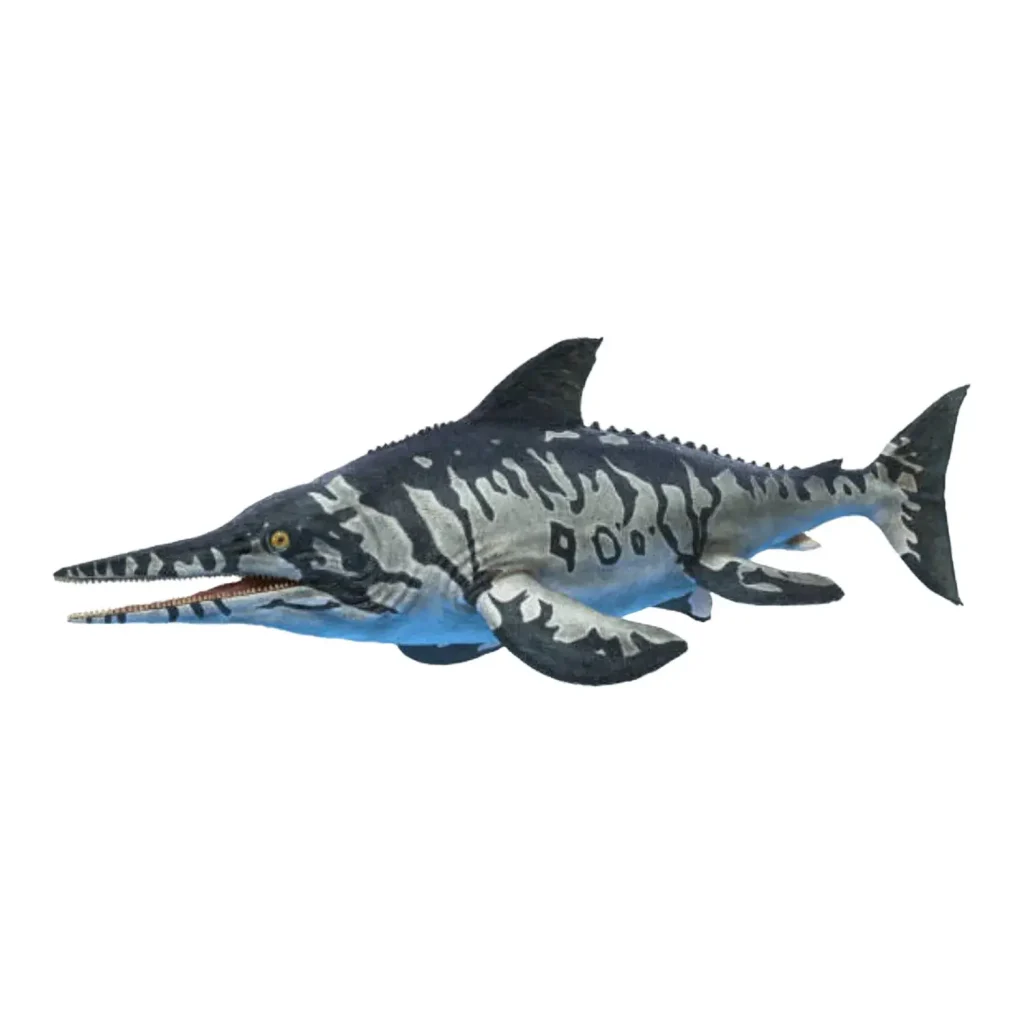
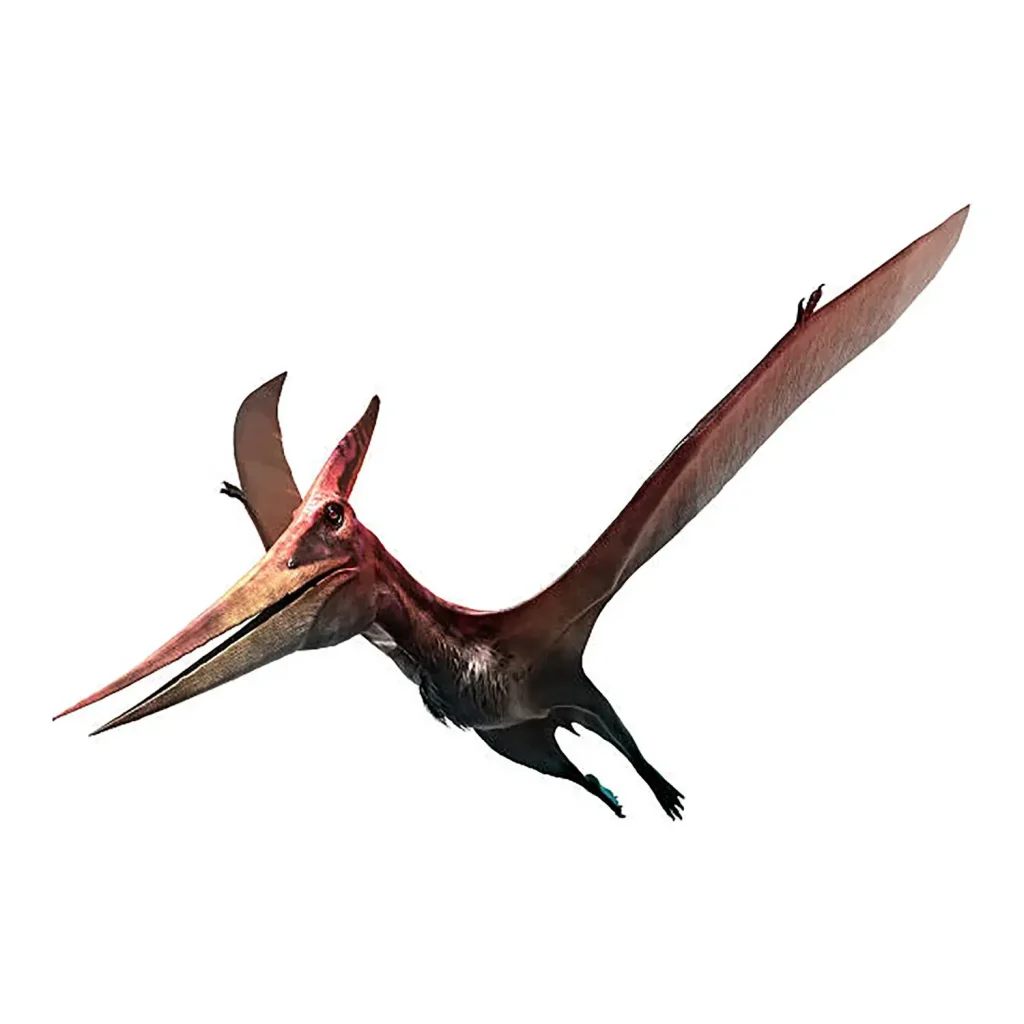
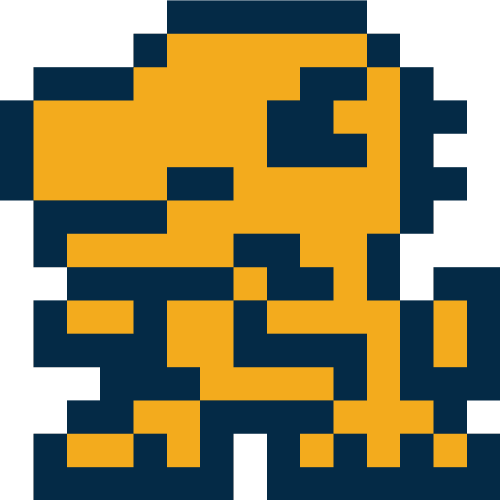
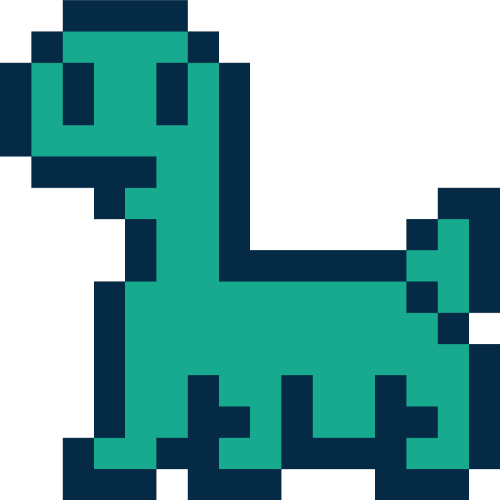

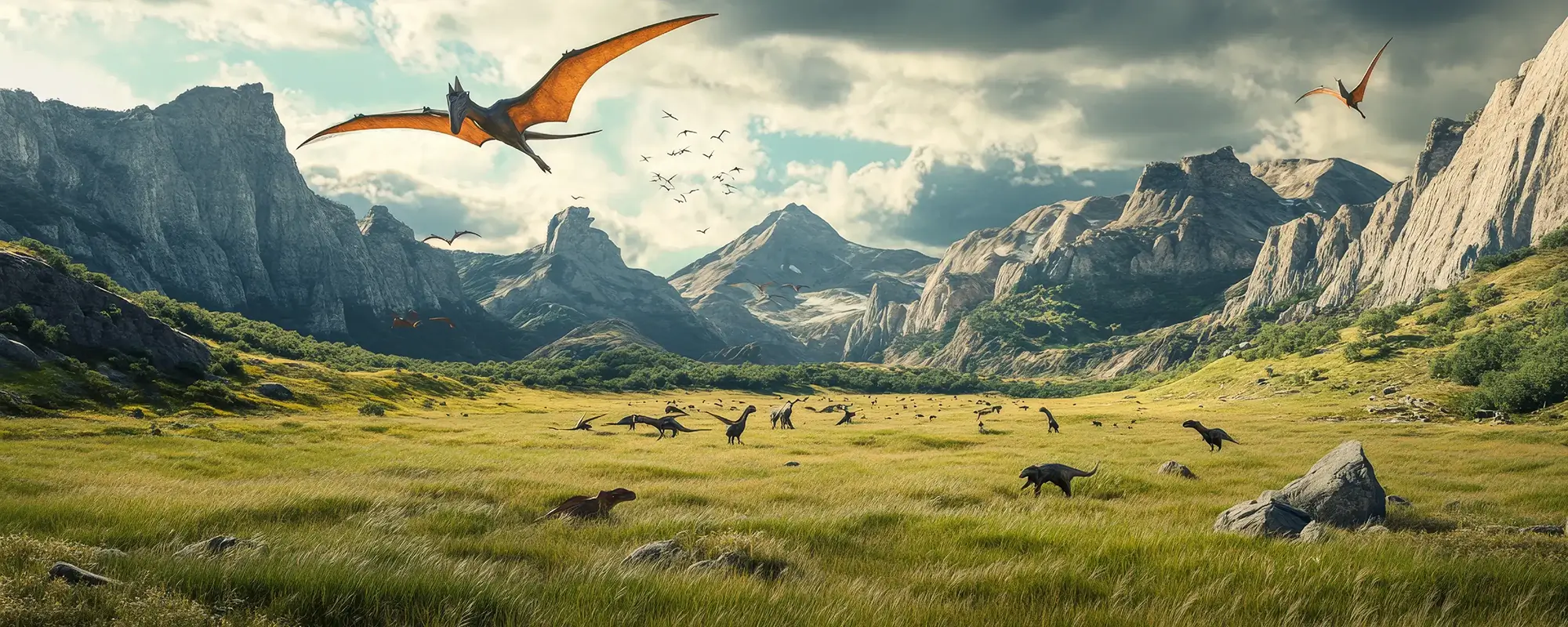
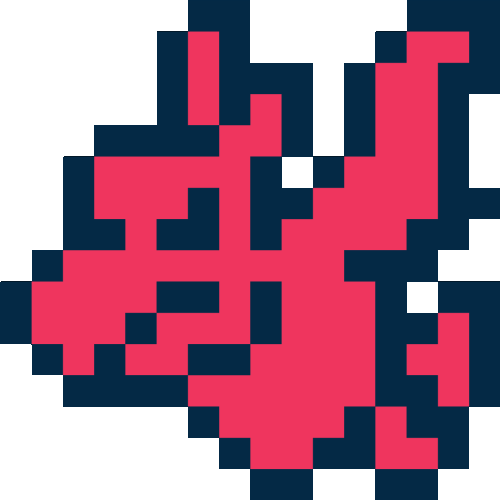
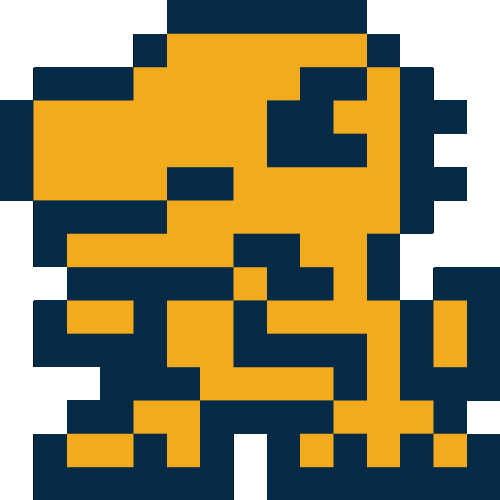
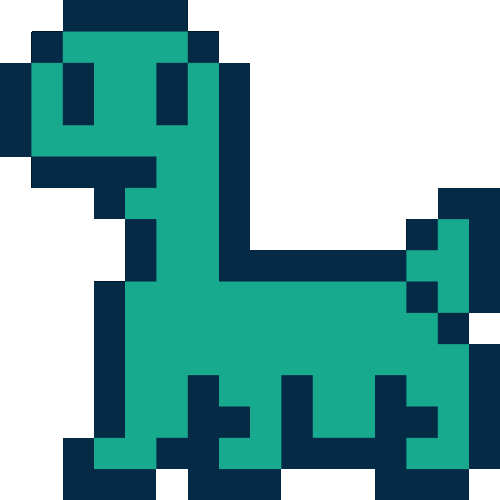
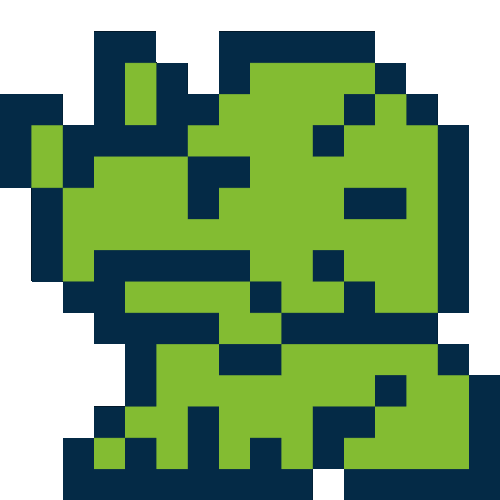
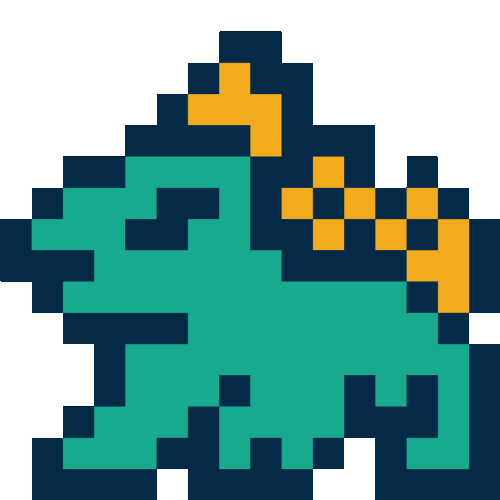
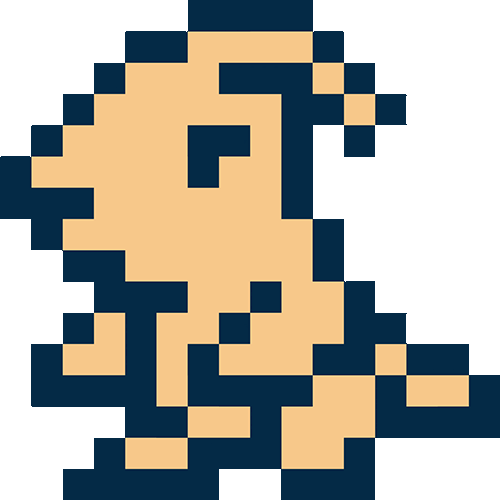
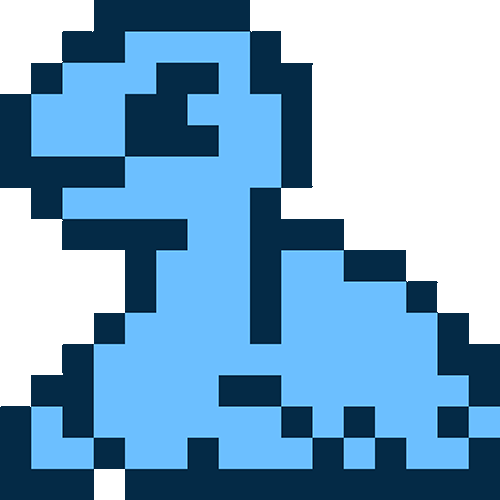
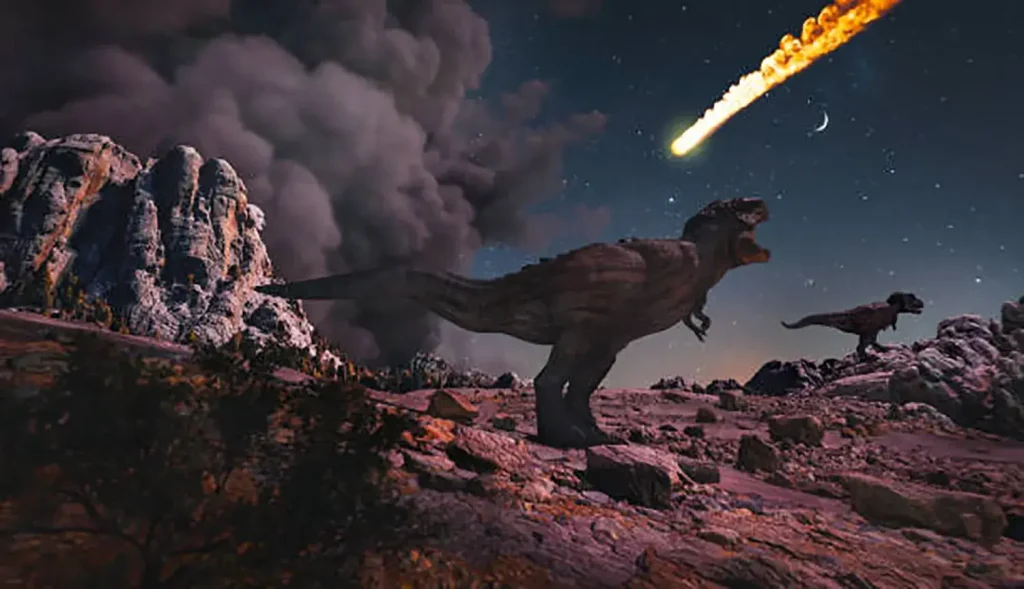
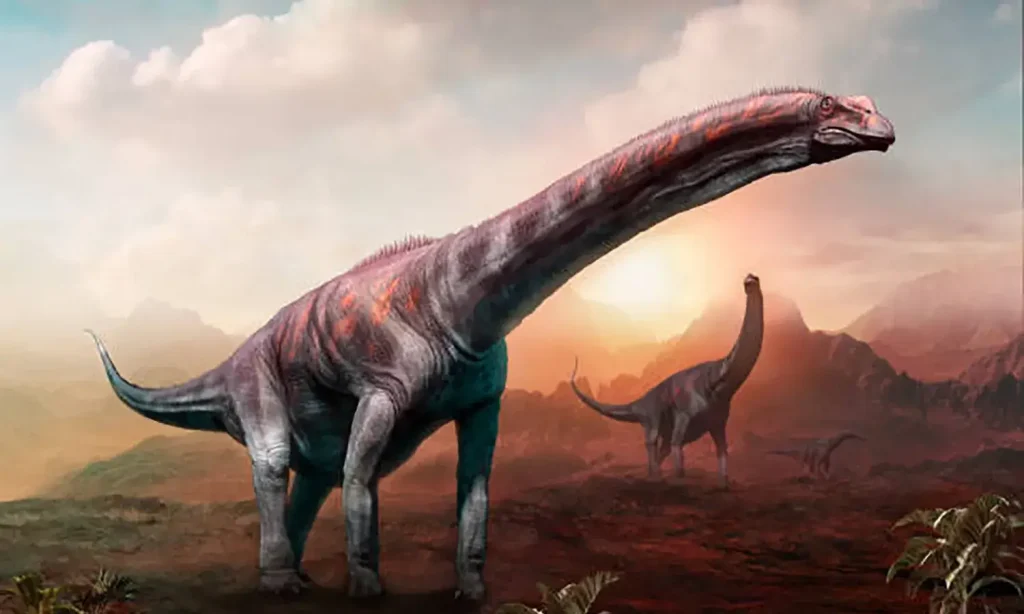
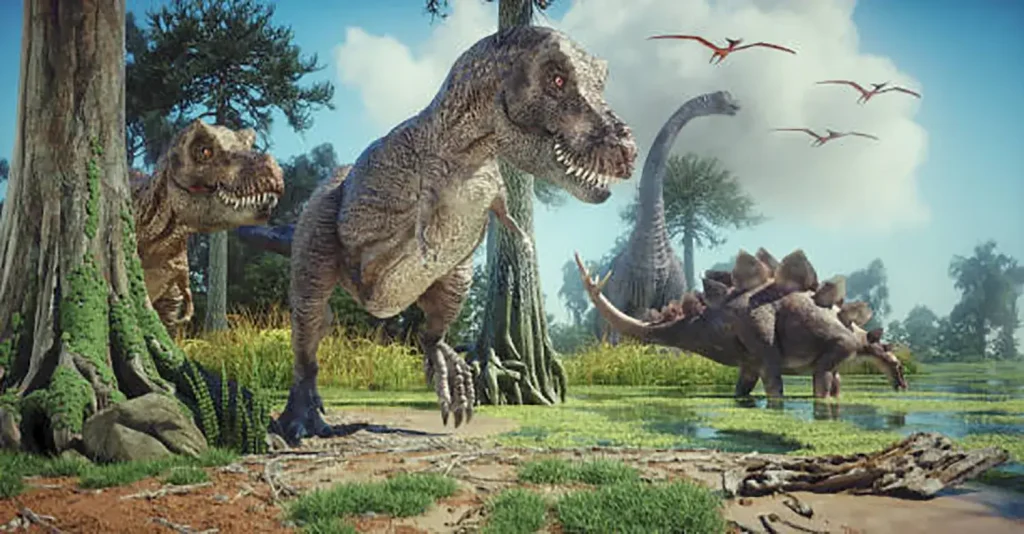
Description
Agustinia was a very unique dinosaur that lived in South America during the Early Cretaceous period.
It was a sauropod that had an appearance like a combination of a stegosaur, an ankylosaur, and a porcupine, and it was named in honor of its discoverer, Agustín Martinelli.
A sauropod with an appearance like a combination of a stegosaur, an ankylosaur, and a porcupine.
A Defense Specialist Covered in Armor
The most prominent feature of Agustinia was its heavy armor that covered its entire body.
Its skin was covered with hard pieces of bone called osteoderms, giving it a robust armor similar to an ankylosaur.
Additionally, its back had two rows of thick, rod-like spikes that reached up to 75cm long, which protected its sides.
These spikes are believed to have been used as a weapon for self-defense against large carnivorous dinosaurs.
It is also suggested that similar thick spines may have protected it from its neck to its tail, which would have made it an extremely rare kind of sauropod.
It’s possible it was protected by thick spikes from its neck to its tail
Mysterious Evolution and Fragmentary Fossils
Currently, only a partial skeleton of Agustinia has been discovered, and its complete appearance remains a mystery.
Initially, based on the fragmented fossils found, it was thought to be a type of titanosaur.
However, after features reminiscent of Diplodocus were found in the fossils, it has now been reclassified as a unique, independent species that evolved by inheriting characteristics from both.
If new fossils are discovered in the future, the full picture of Agustinia may be revealed, showing an even more bizarre and unique appearance than is currently imagined.
Research is highly anticipated to find out how this sauropod with a unique defense system lived in South America during the Cretaceous period.